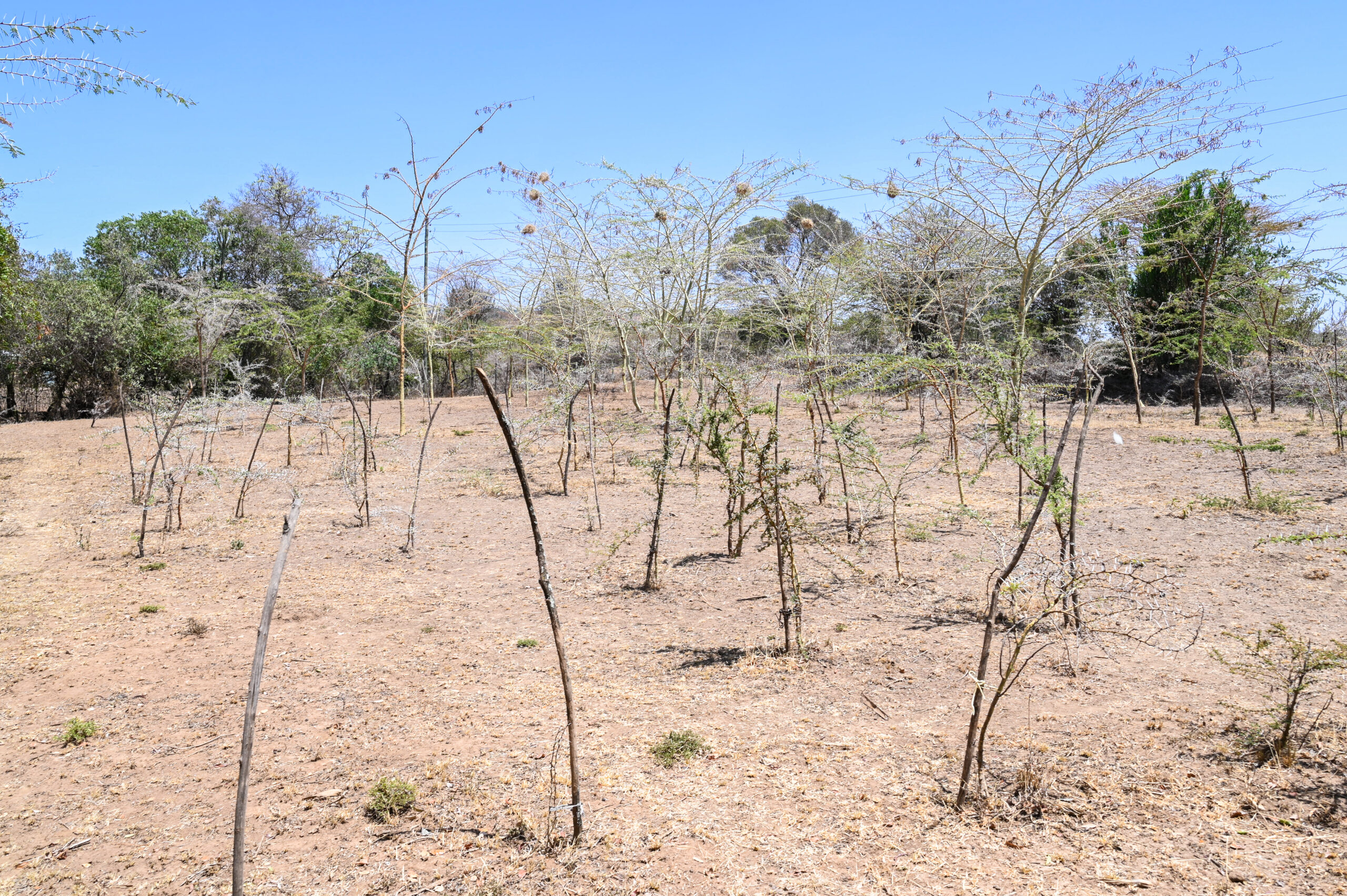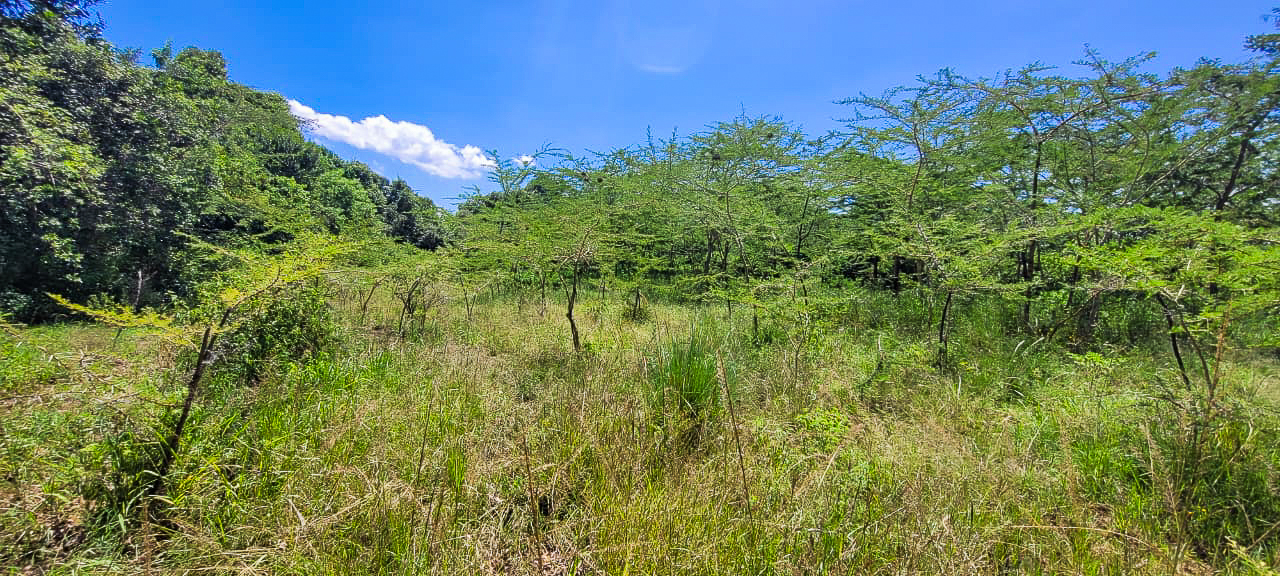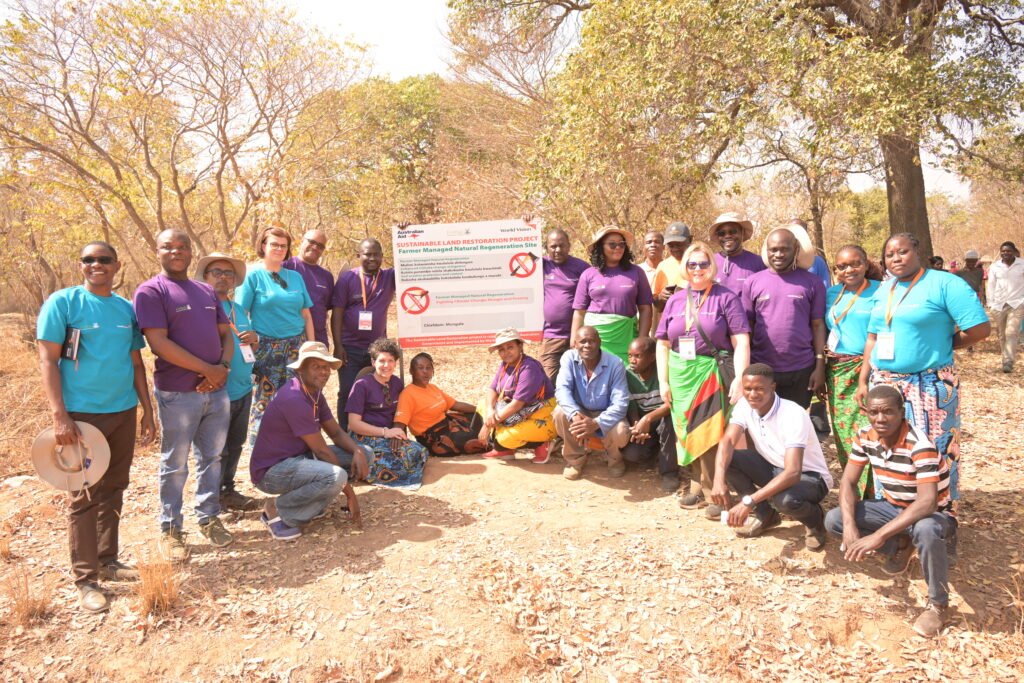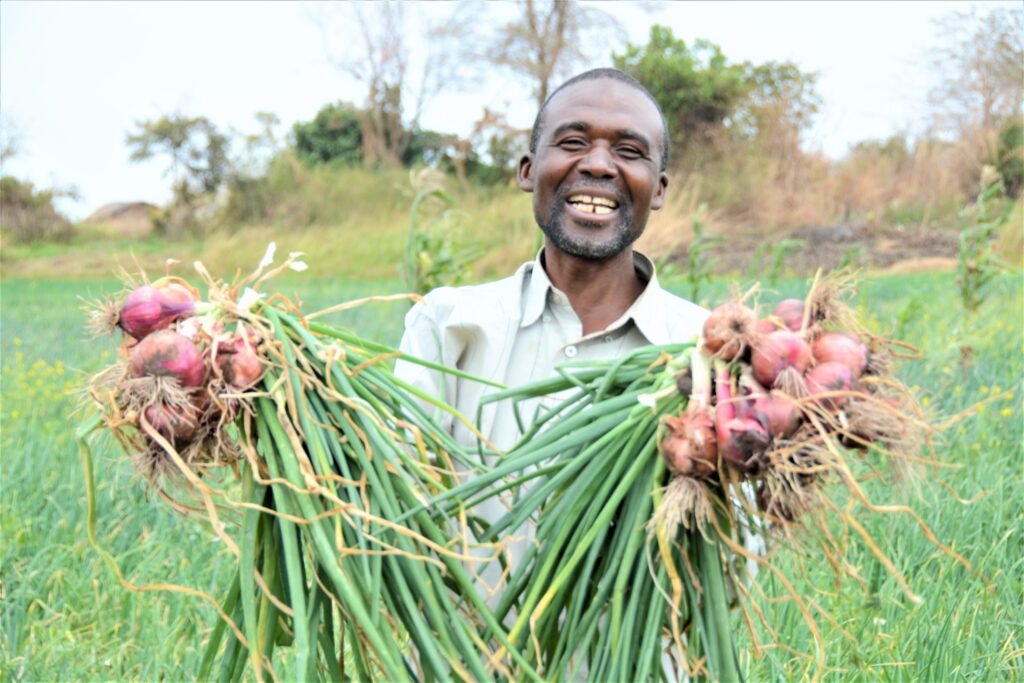Overview of FMNR
scale up in catalyst
countries


Catalytic countries
World Vision is leveraging its global footprint and expertise by mobilising people power, partnership and innovation to rapidly scale up FMNR.
Ethiopia
- Total 4.6 million hectares
- Direct 700,000 hectares
- Indirect 3.9 million hectares——————–
Kenya
- Total 4.5 million
hectares - Direct 744,681 hectares
- Indirect 3,755,319 hectares
Uganda
- Total 2.28 million hectares
- Direct 571,526 hectares
- Indirect 1,714,578 hectares…………. __________
Zambia
- Total 2 million
hectares - Direct 600,000 hectares
- Indirect 1.4 million hectares
Why these countries?
These countries were selected because they have:
- extensive areas of degraded land and arid land
- high levels of multi-dimensional poverty
- national governments with a demonstrated commitment to landscape restoration
- World Vision offices with the experience and capacity to build national movements
The projects are helping nature fight back against climate change, whilst lifting people out of poverty.

Regreening movement
The governments in the countries where World Vision is catalysing the FMNR movement have recognised the need for urgent action and made an international commitment to land regeneration through the Bonn Challenge – a global goal to bring 350 million hectares into restoration by 2030[1].
- Ethiopia to restore 15 million hectares
- Uganda to restore 2.5 million hectares
- Kenya to restore 5.1 million hectares
- Zambia to restore over 3 million hectares
Additionally, Ethiopia, Kenya, Uganda and Zambia have committed to the United Nations Convention to Combat Desertification (UNCCD)[2], which aims to ensure sustainable management of land resources in areas prone to desertification. Ethiopia has developed a national action plan for implementing the UNCCD, which includes afforestation, reforestation, and sustainable land management practices.
As part of this, Ethiopia is involved in the Pan African Agency for the Great Green Wall initiative, working with other countries in the region to protect against the expansion of the Sahara Desert by restoring degraded land from Dakar to Djibouti.
Ethiopia, Kenya, Uganda and Zambia have signed the United Nations Framework Convention for Climate Change (UNFCCC)[3], and have ratified the Paris Agreement and Kyoto Protocol.
Ethiopia, Kenya, Uganda and Zambia are signatories to the United Nations Convention on Biological Diversity[4], which aims to promote sustainable use and equitable sharing of the benefits arising from the utilisation of genetic resources.
Ethiopia, Kenya, Uganda and Zambia are actively participating in the African Forest Landscape Restoration Initiative (AFR100)[5], which aims to restore 100 million hectares of deforested or degraded lands in Africa by 2030. The government is promoting agroforestry, afforestation and reforestation practices as part of this initiative.
Get involved
